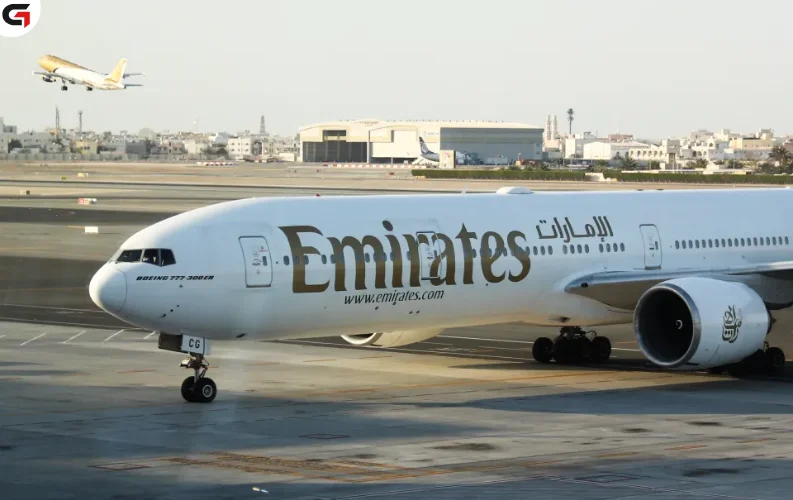Dubai — Emirates flyers will no longer be allowed to charge or utilize power banks aboard from October 1, the airline has confirmed. The revision, made on the airline's website, comes after a review of safety risks relating to lithium-ion batteries.
Passengers will still be permitted to take one power bank, but it has to stay in cabin luggage and remain unused during the flight. It can only be stored under the seat or in the seat pocket and not in overhead lockers. Power banks cannot be kept in checked baggage, and the gadgets have to be shown with a clear capacity rating that does not exceed 100 watt-hours.
The airline said lithium batteries are prone to overheat and cause "thermal runaway," a process that can lead to fires, explosions, or the release of toxic gas. The rule, it said, is designed to reduce potential risks on board.
Emirates also reminded travelers about its current policy on electronic devices, which is to carry up to 15 personal electronic devices per passenger. Hoverboards, smart bags, and mini Segways are still prohibited because they have large batteries.
Etihad Airways, on the other hand, answered a social media question from a passenger regarding the transport of Bluetooth speakers. The airline explained that passengers can transport 15 electronic devices, such as laptops, tablets, phones, and Bluetooth speakers, in cabin and checked baggage. Devices in checked luggage are to be completely powered off and protected against damage, however. Spare batteries, power banks, and e-cigarettes continue to be banned in checked luggage.
The two airlines encouraged passengers to refer to their baggage policy prior to travel and to examine customs laws at their destination in order to prevent disruptions.




















